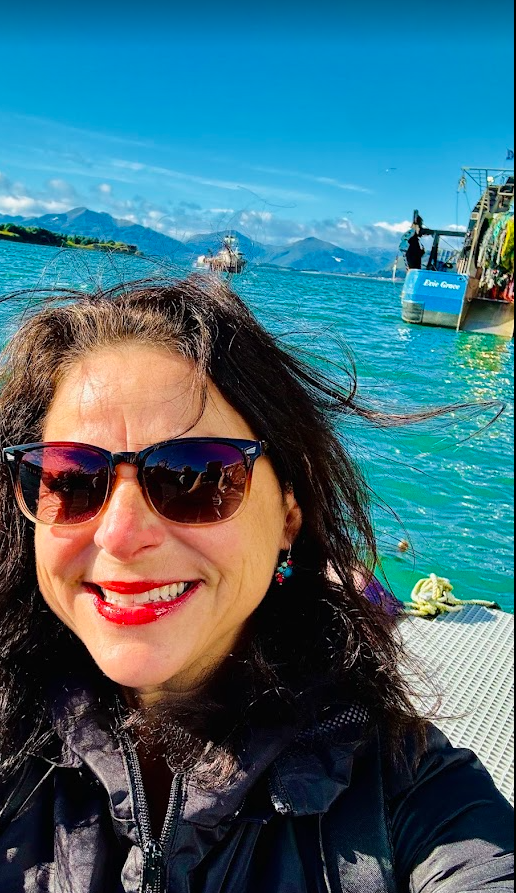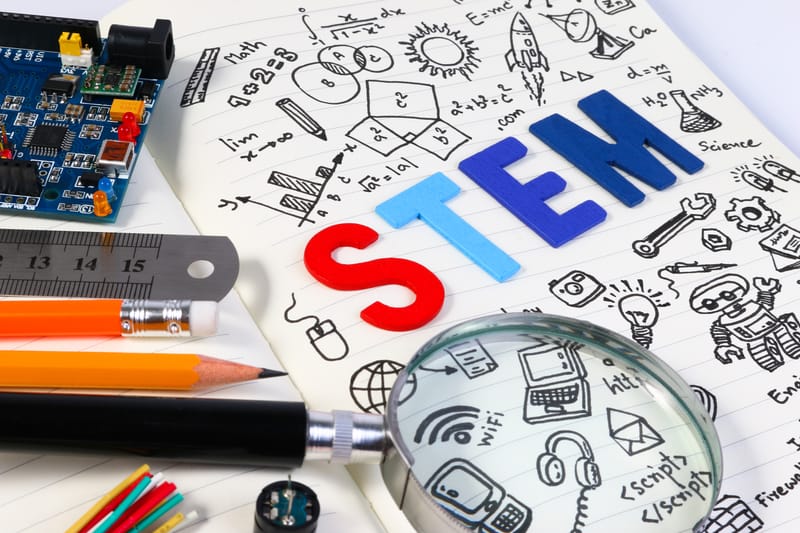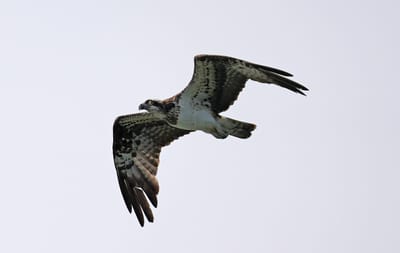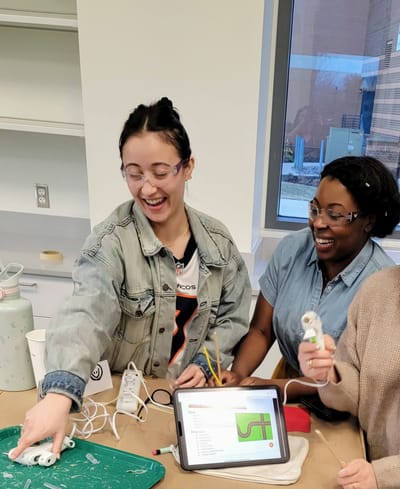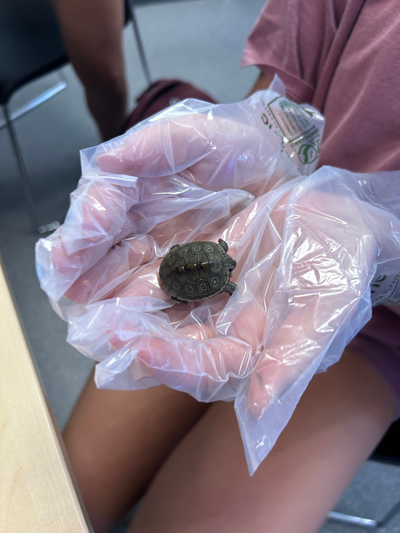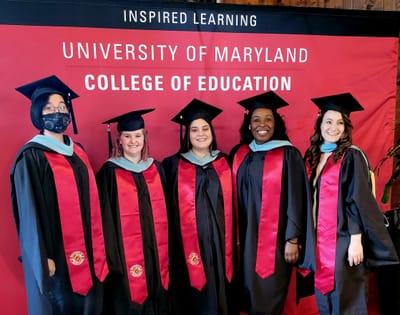The M.Ed. in Teacher Leadership: Special Studies in Science, Technology, Engineering, and Mathematics (STEM) Education is an innovative program that allows in-service elementary and middle school teachers to explore relationships among science, engineering, and mathematics through a transdisciplinary approach to integrated STEM. Teachers in the program use cutting-edge technology tools to build a Professional Learning Network as they develop philosophies regarding issues of authenticity, equity, and achievement in STEM.
Each course in the program has been designed to reflect the MSDE STEM Standards of Practice as well as the core ideas and practices of the Next Generation Science Standards and the Common Core State Curriculum. Our program opens the space for teachers to explore relationships between science, engineering, and mathematics through the ‘meta-discipline’ of STEM in order to develop a holistic understanding of the world.
Read More 